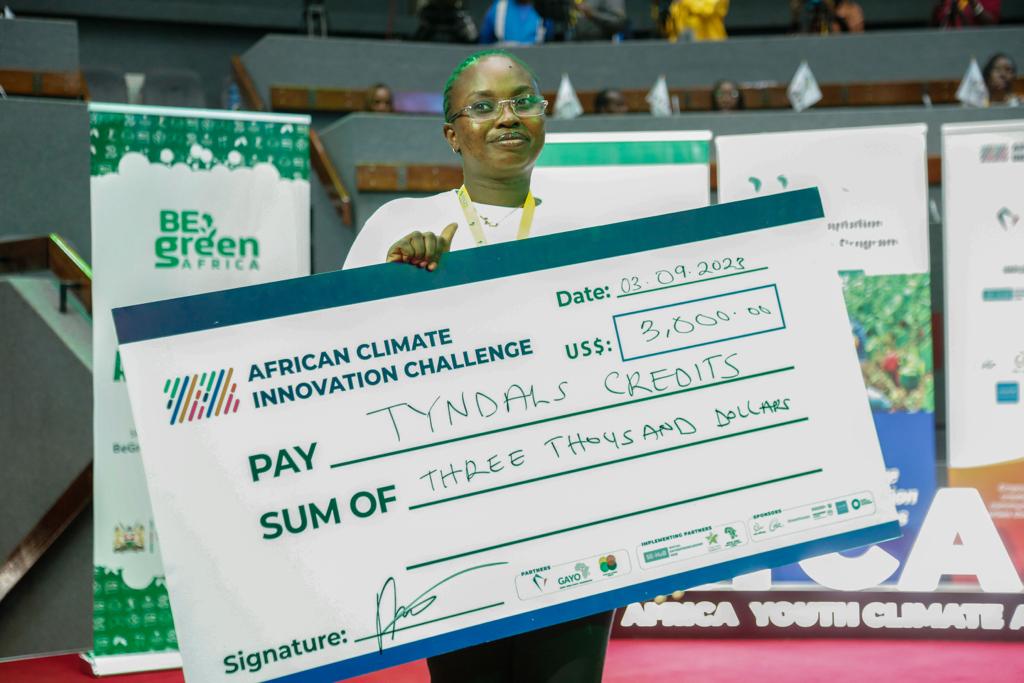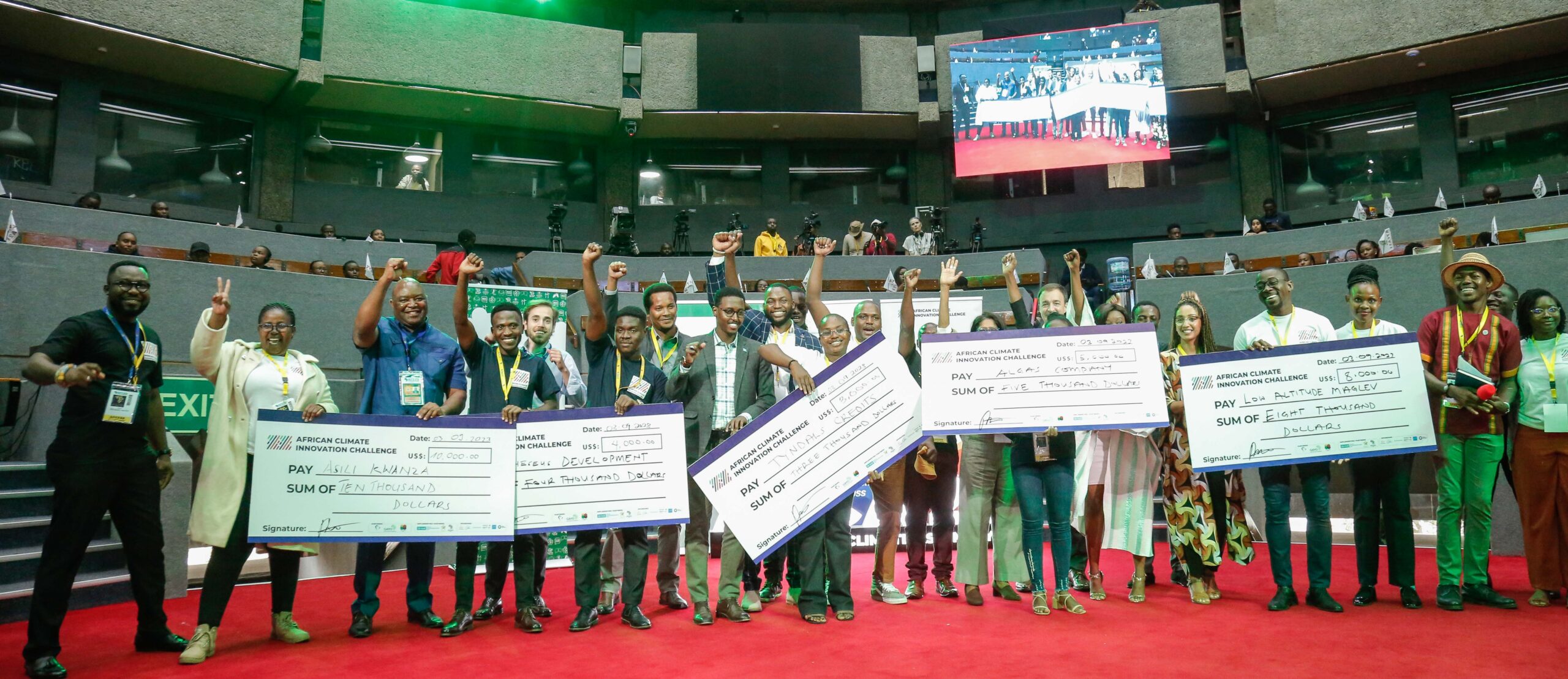
In the face of an escalating climate crisis, the contributions of young innovators toward shaping a sustainable future are more critical than ever. Africa, renowned for its cultural richness and vast potential, has emerged as a fertile ground for creative solutions and entrepreneurial ventures addressing the continent’s most urgent climate challenges. Leading this transformative movement, the African Climate Innovation Challenge (ACIC), is empowering young Africans to create lasting impacts within their communities through innovative and entrepreneurial approaches.
The Final Pitch event in Nairobi, Kenya, marked the apex of this prestigious innovation challenge, where seven outstanding candidates, following an intensive three-month incubation program, unveiled their transformative projects to a distinguished panel of judges. It was truly inspiring to witness these visionary minds, representing diverse regions of Africa, present solutions meticulously designed to tackle critical climate challenges within their own countries and across the continent. The competition was fierce, and the jury faced the formidable task of evaluating each initiative, all of which demonstrated extraordinary creativity and the capacity to effect profound change.
The Winners
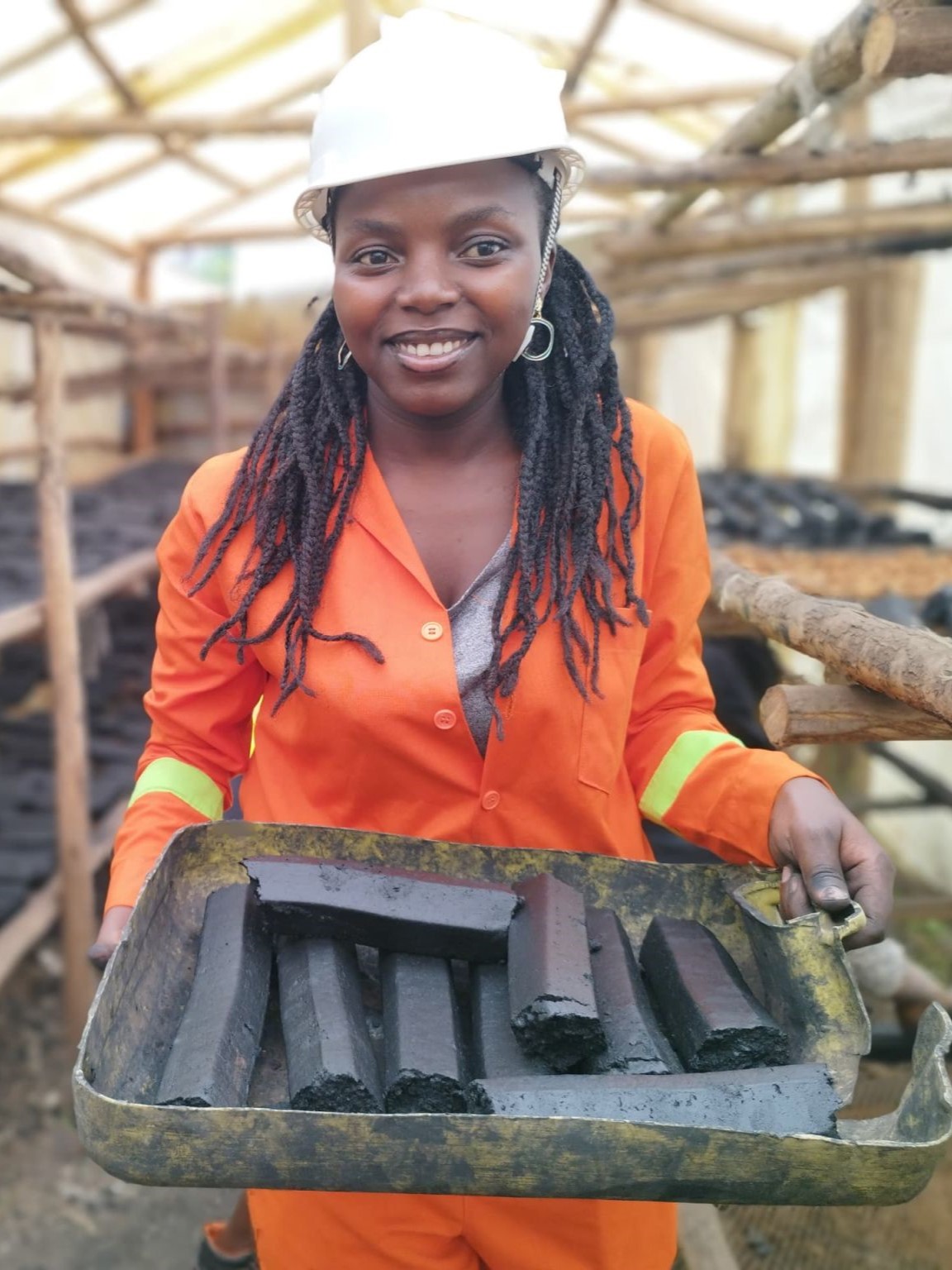
1st Prize Winner
ASILI KWANZAA, Uganda
A social enterprise that provides affordable and sustainable household cooking solutions. The main products offered by the enterprise are briquettes and improved cookstoves tested and validated for excellent fuel efficiency, reducing cooking costs and minimizing aggregate demand for wood fuel.
Asili Kwanza’s major success came from winning the ACIC and securing a $10,000 grant. This enabled them to scale operations, expand production, hire more staff, and relocate to a larger site. Acquiring land and constructing facilities like a solar dryer and production shed marked a significant milestone for increasing briquette production.
Despite challenges like inflation and electricity delays, the team adapted using cost-effective materials, leveraging savings for website upgrades, and sourcing briquettes on credit from partners, showcasing their resilience and innovative problem-solving.
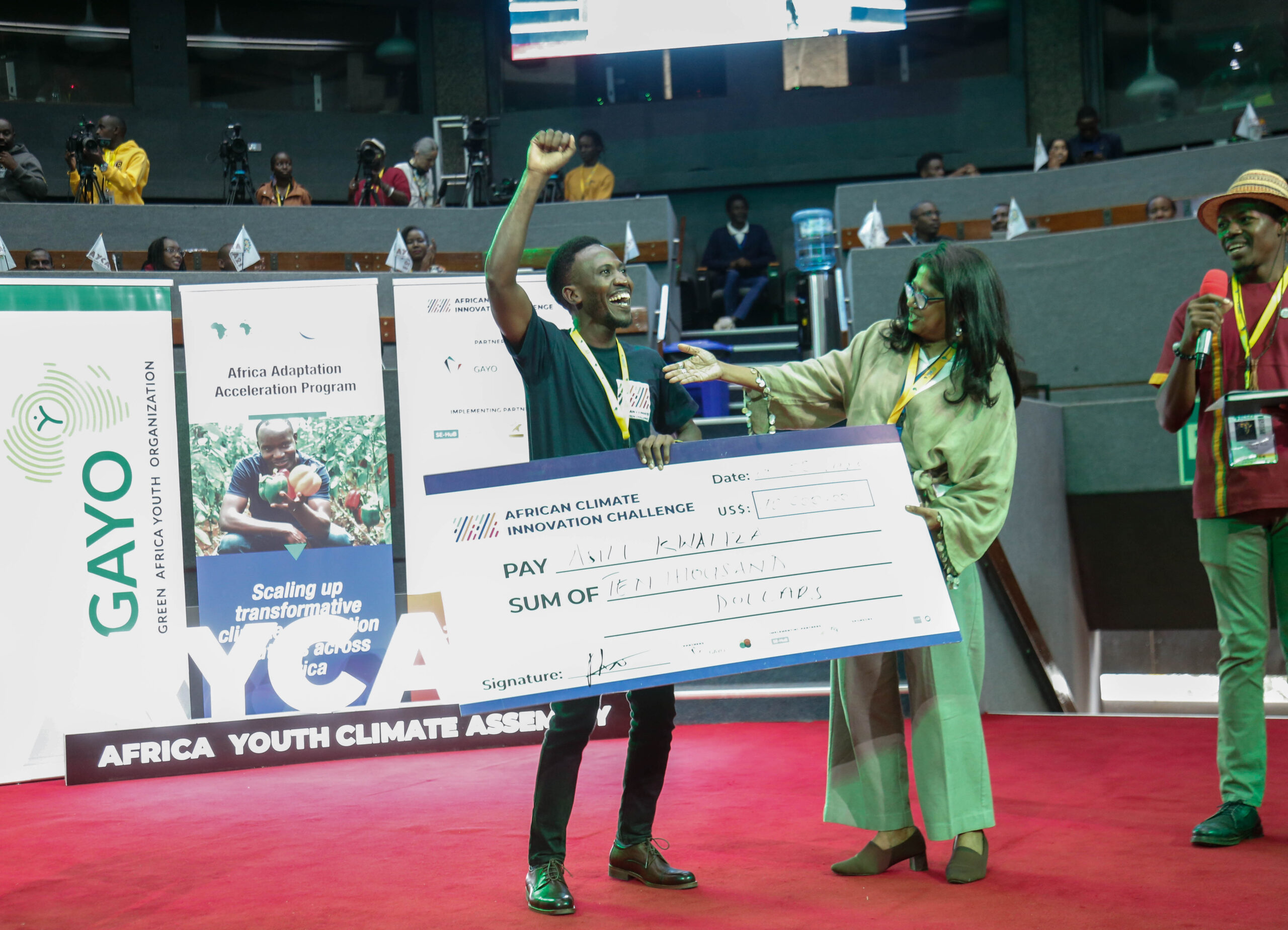
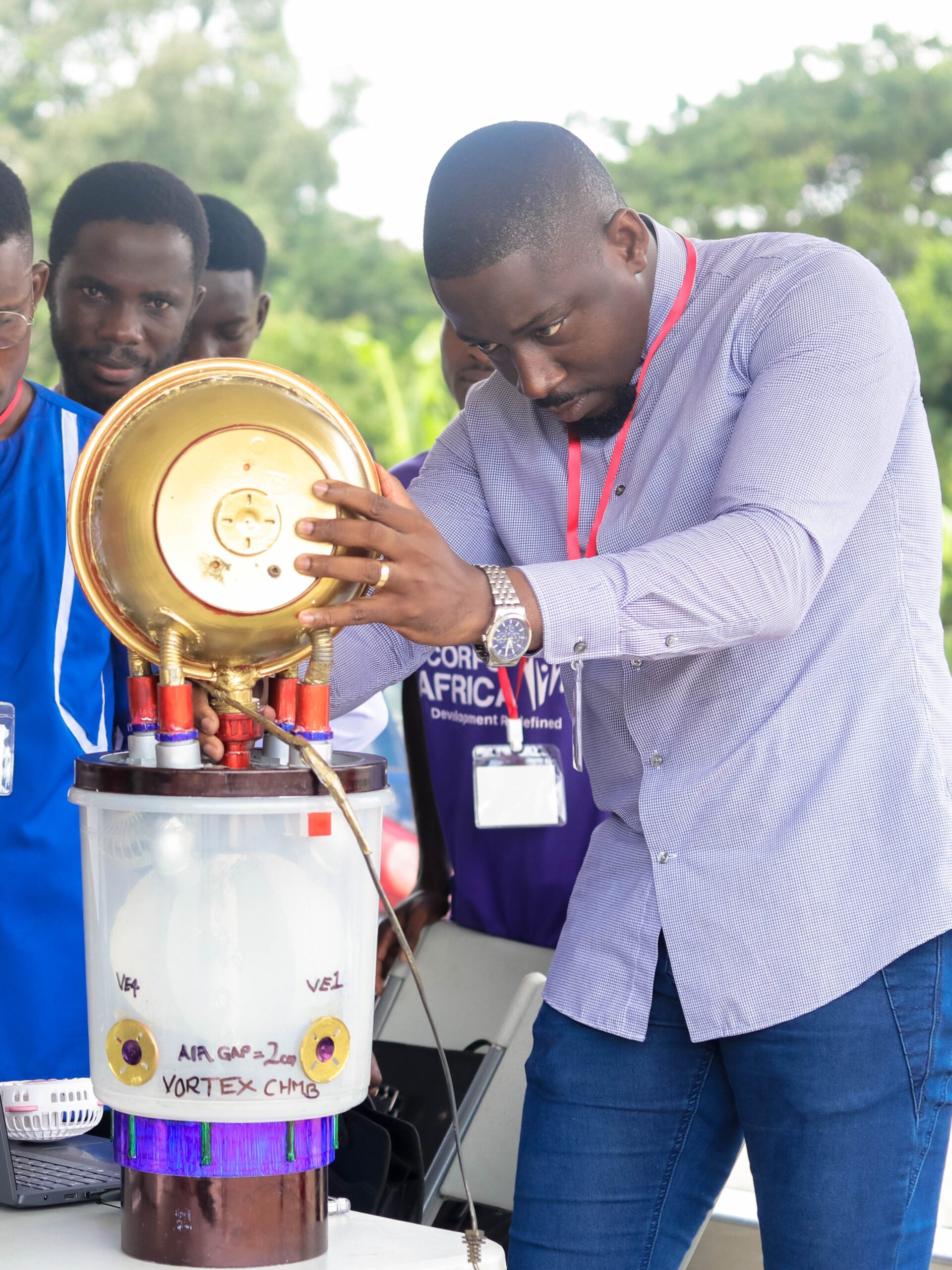
2nd Prize Winner
LOW ALTITUDE MAGLEV, Ghana
Direct air capture (DAC) technology which captures CO₂ directly from the air, storing it in the ground thereby reducing CO₂ concentration. The system also generates clean energy from wind power.
The project has used bagasse, a sugarcane byproduct, to create activated carbon for CO₂ capture, addressing local waste disposal issues and benefiting sugarcane vendors. The switch from Alnico magnets to neodymium N52/N54 magnets has boosted the wind turbine’s energy output nearly tenfold, enhancing clean energy efficiency.
Securing a $8,000 grant, Low Altitude MAGLEV is changing its narrative. The team secured a workshop in Accra to ensure continuous project development. Strategic partnerships, including with a Chinese magnet manufacturer, and proactive fundraising efforts have helped cover costs and protect intellectual property, keeping the project on track.
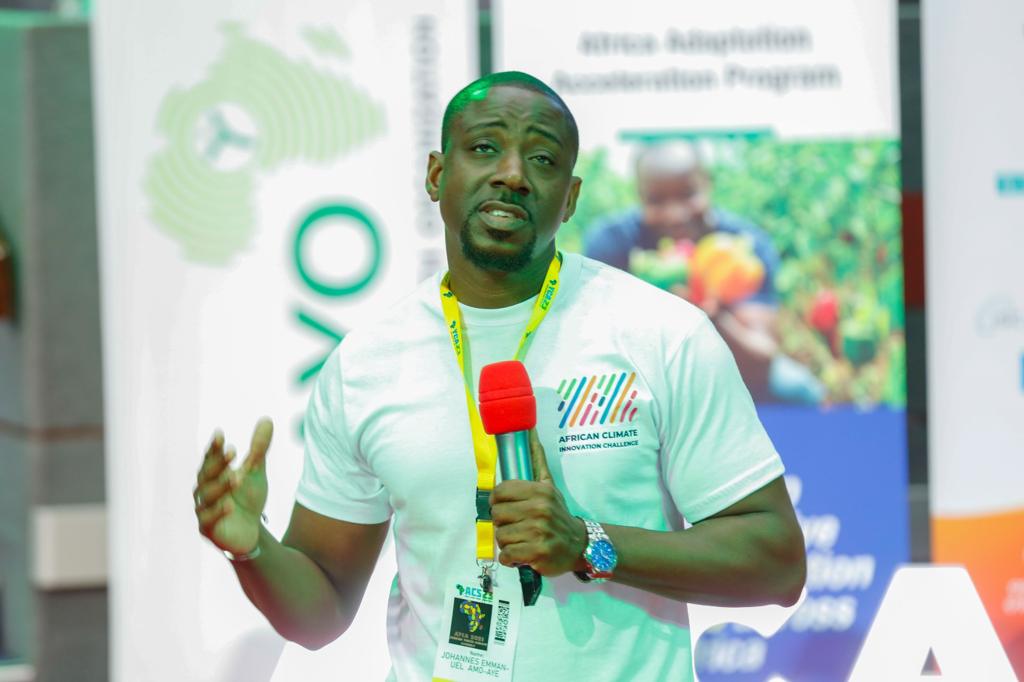
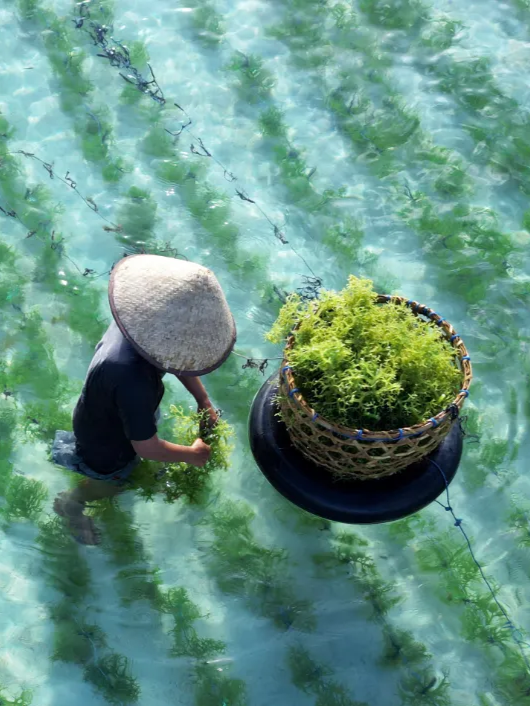
3rd Prize Winner
ALGAS COMPANY, Madagascar
A researched-based cultivation of seaweed for human consumption known as Ulva Reticulata to the fight against food insecurity and poverty. This project aims to promote female entrepreneurship and improve the income of fishermen or households vulnerable to climate change.
The project has gained strong support from the Lembeitake village community, with 85% of the population backing the implementation of seaweed farming. This is crucial for ensuring local cooperation and the long-term success of the initiative.
A key win is the focus on empowering women by offering economic diversification through seaweed farming. With 81% of women reporting that their income from fishing is insufficient, seaweed farming provides a practical solution for improving their financial independence. Receiving $5,000 as the 3rd Place Winner, the team successfully identified optimal sites for seaweed farming through community engagement and surveys.
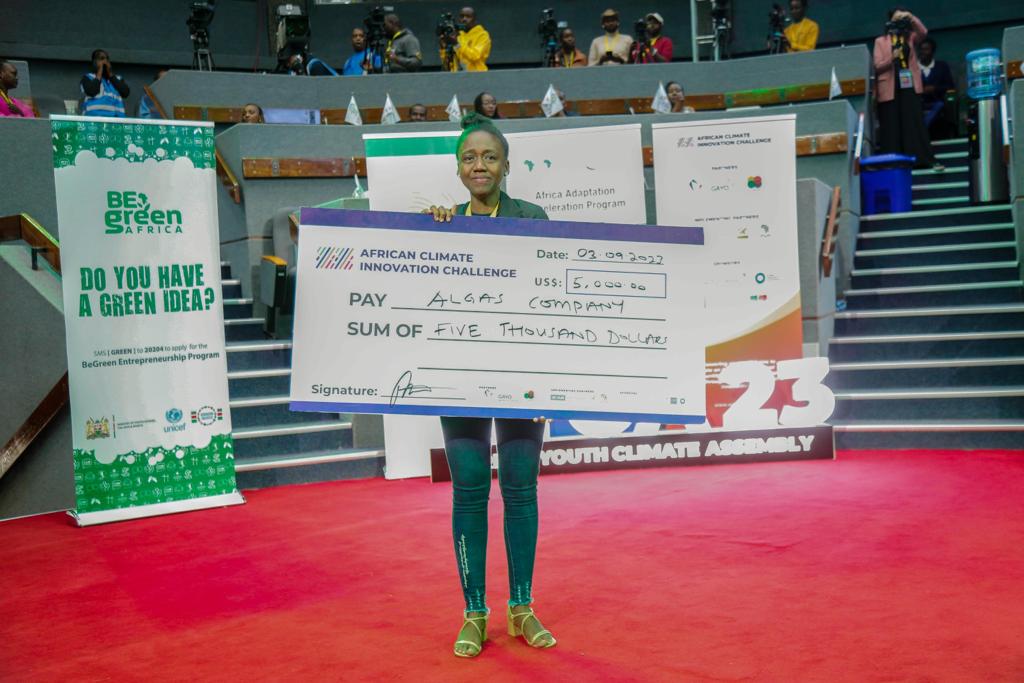
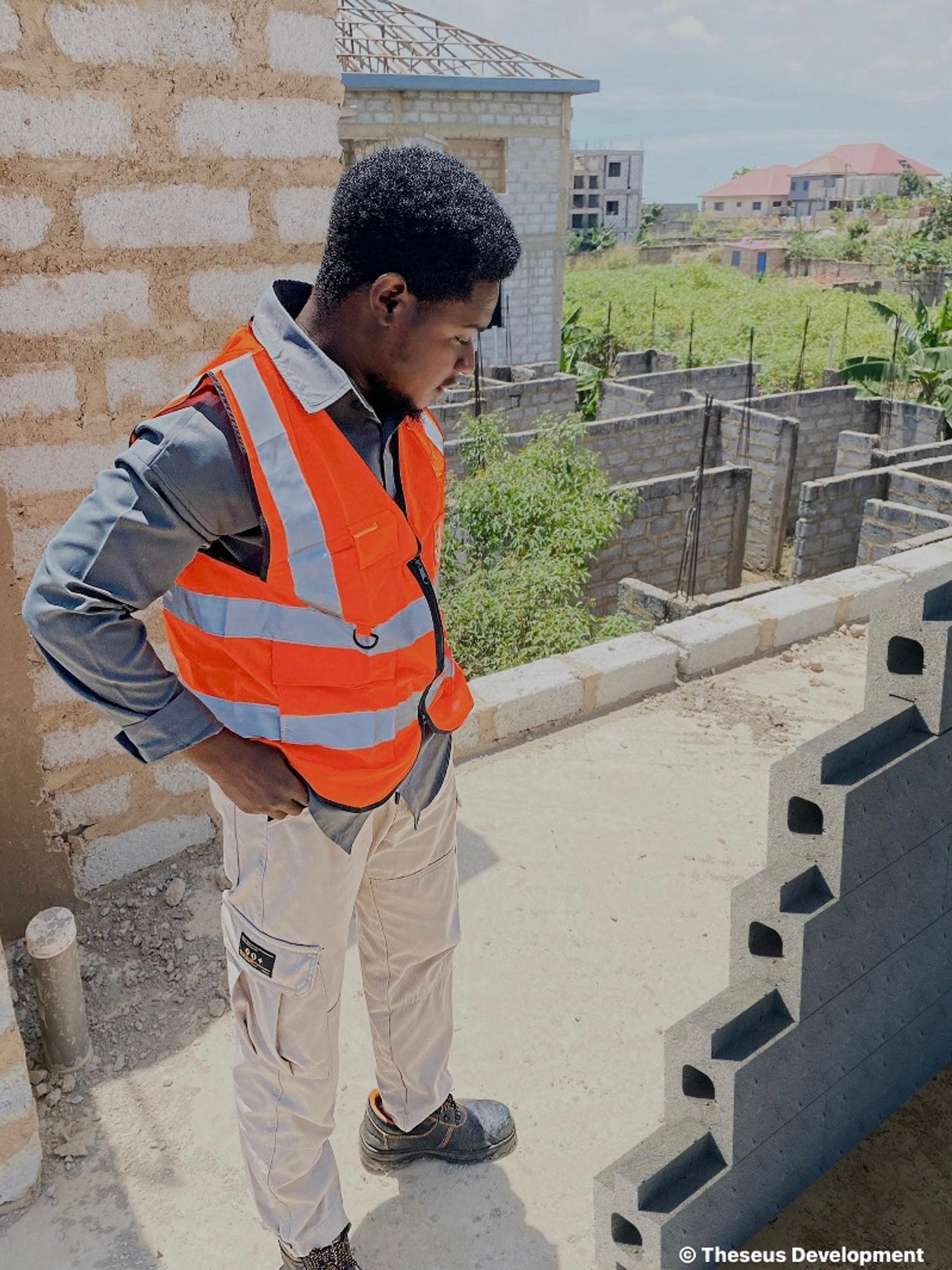
4th Prize Winner
THESEUS DEVELOPMENT, Ghana
Theseus Development is designing and developing geopolymer precast components for construction. The Geopolymer technology creates sustainable and low-energy consumption buildings as buildings account for 40% of global energy usage.
The thermal conductivity of this material is very low, so buildings built with it are naturally thermally efficient. This material is very durable and resilient, proving that geopolymers are a more environmentally friendly solution than cement-based concrete, increasing the availability of building materials and contributing to a circular economy approach.
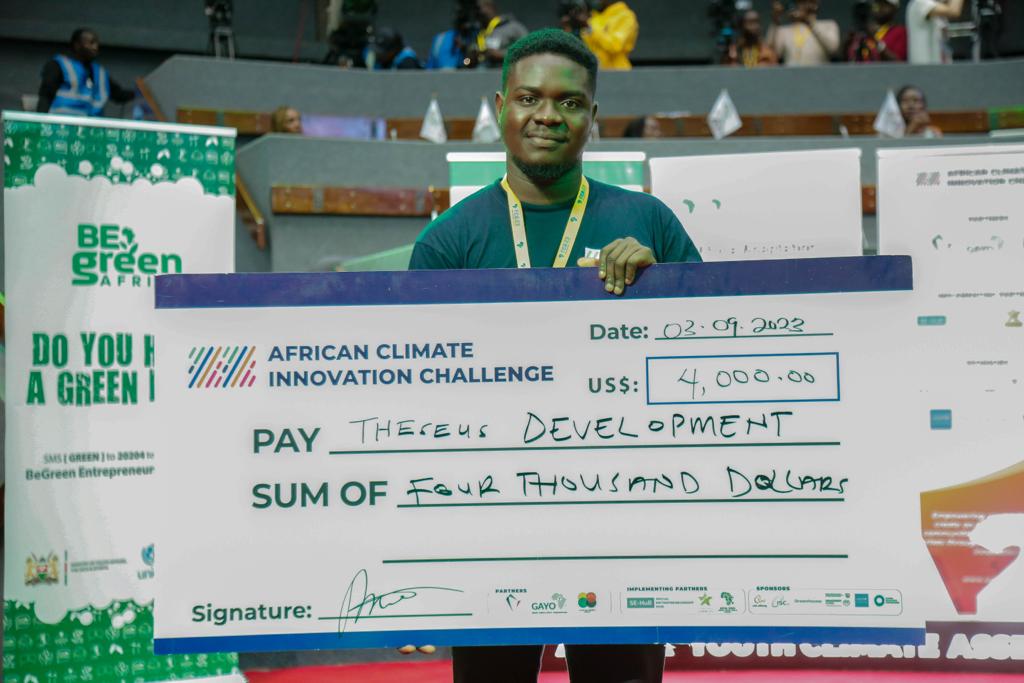
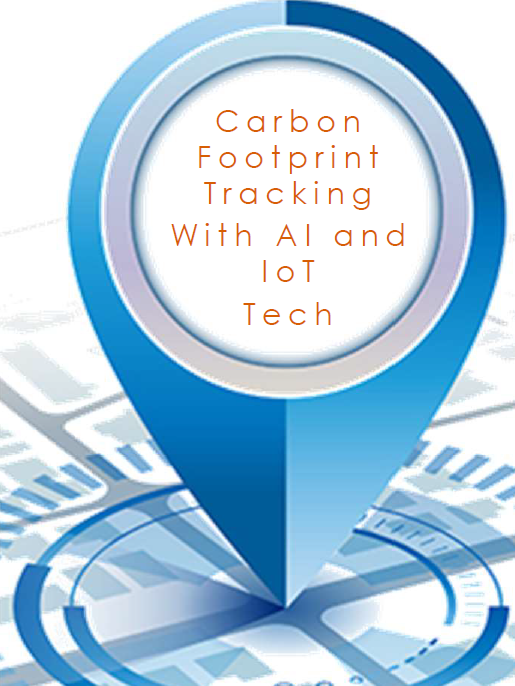
5th Prize Winner
TYNDALL CREDITS, Nigeria
An IT and digital infrastructure to monitor carbon footprints and their offsets, predict carbon emissions, manage carbon credits, and analyze potential carbon credit investments for nature-based projects mitigating climate change.
Through ACIC, Tyndall Credits is upgrading its hardware from IoT to AIoT and enhancing the monitoring and evaluation of hardware and APIs to ensure efficiency. The team is also now able to expand its team, hiring youth and underprivileged persons in the communities they operate.
